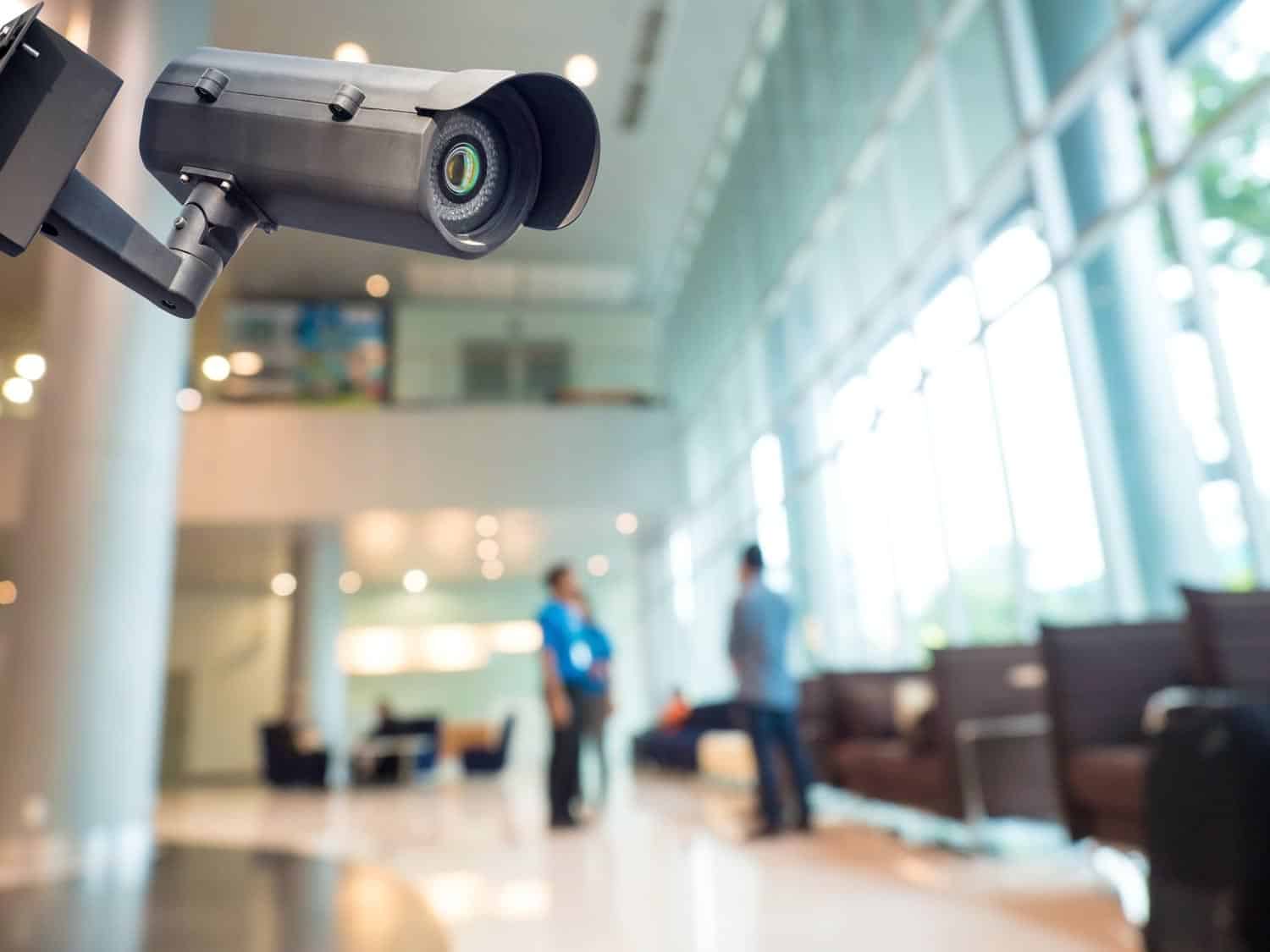
Today’s video surveillance cameras can detect motion in a specific area of your business. Since they use AI, they can discern a bag blowing across the lot or an overly curious cat versus a human shape. But that’s only the starting point for their effectiveness.
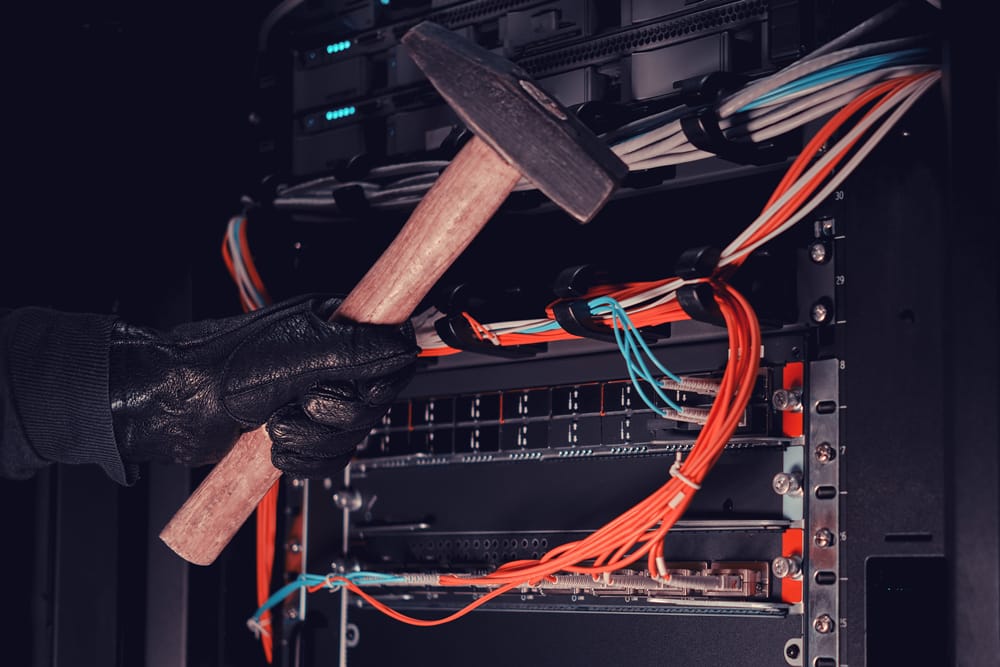
In our latest flash poll, we asked: How do you secure your business? The results are in.

When organizations weigh their options for active security, they often make a choice between “I hire security guards,“ or ”I choose a remote video monitoring service (RVM).” Both approaches to security have their strengths and weaknesses, but one offers significant cost and reliability advantages – RVM.
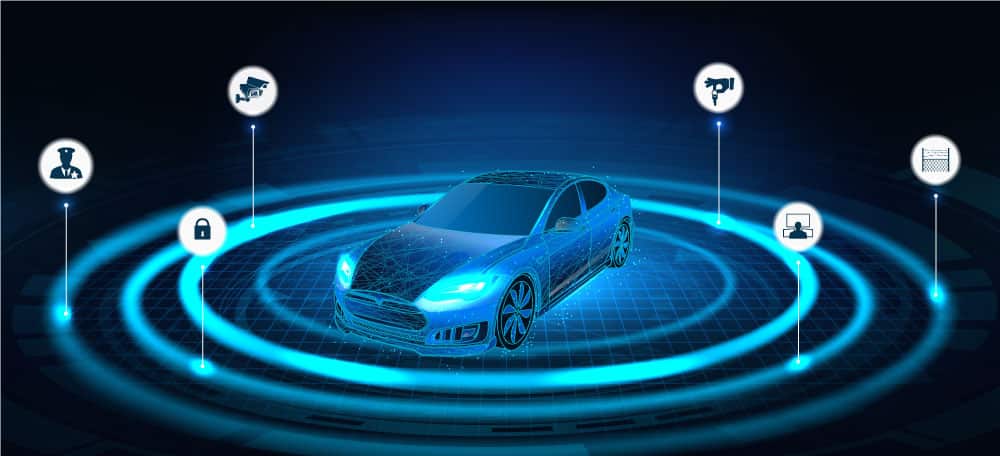
There’s no denying that collision repair centers are a thief’s dream target. Not only are they full of pricey tools, pieces of equipment and replacement parts, but they regularly have customer vehicles on-site for repairs that are packed with valuable parts.
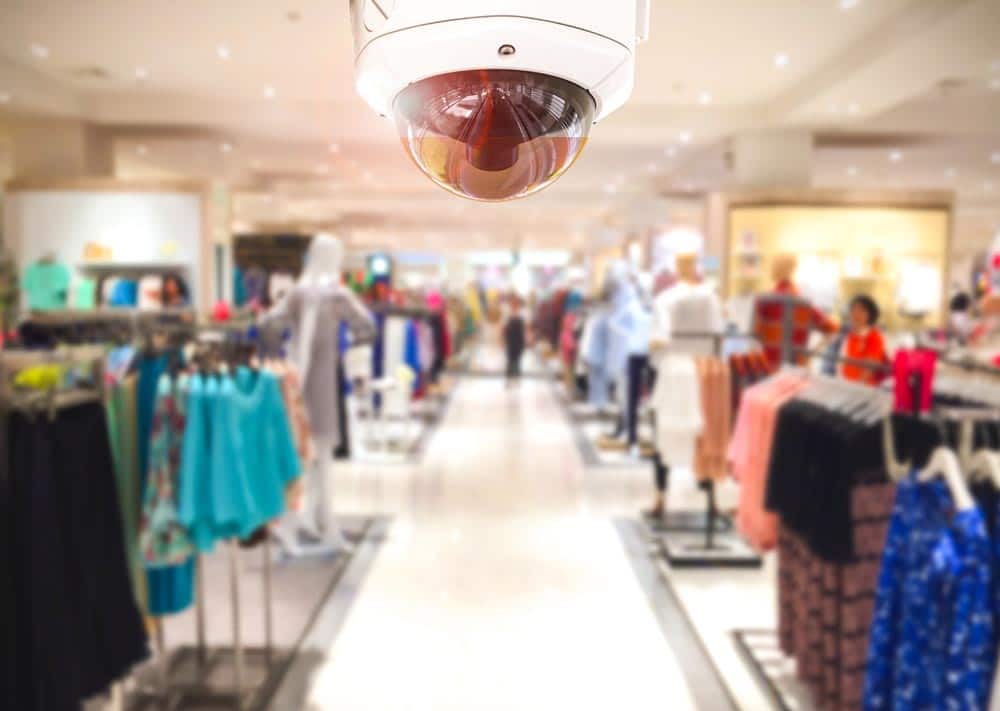
Modern security solutions can help retail store owners catch crimes as they’re happening – instead of just recording the event for documentation.
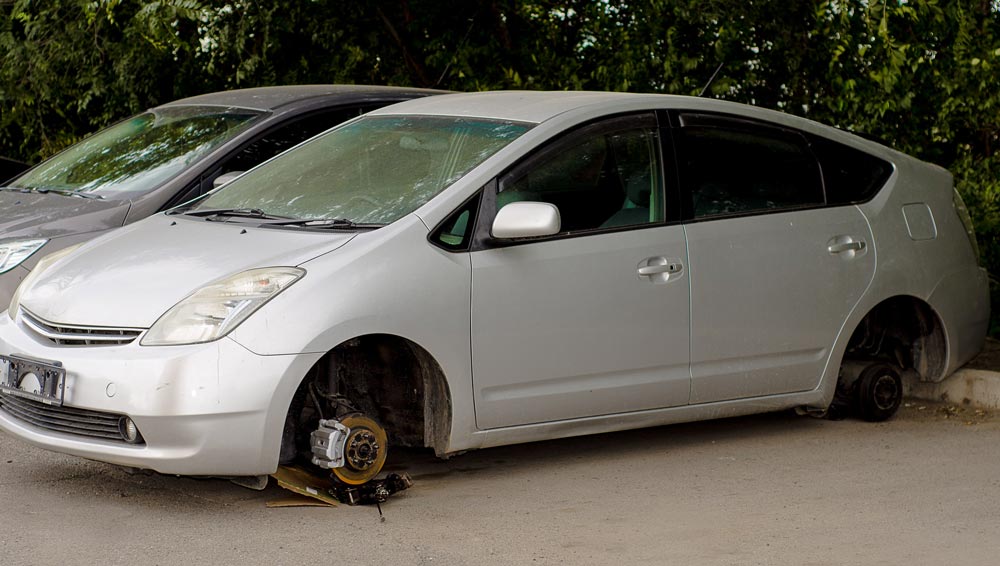
Tire shops, car dealerships, and rental car lots are common targets for tire thieves because they have exactly what they need: an abundance of vehicles each equipped with valuable tires and rims.
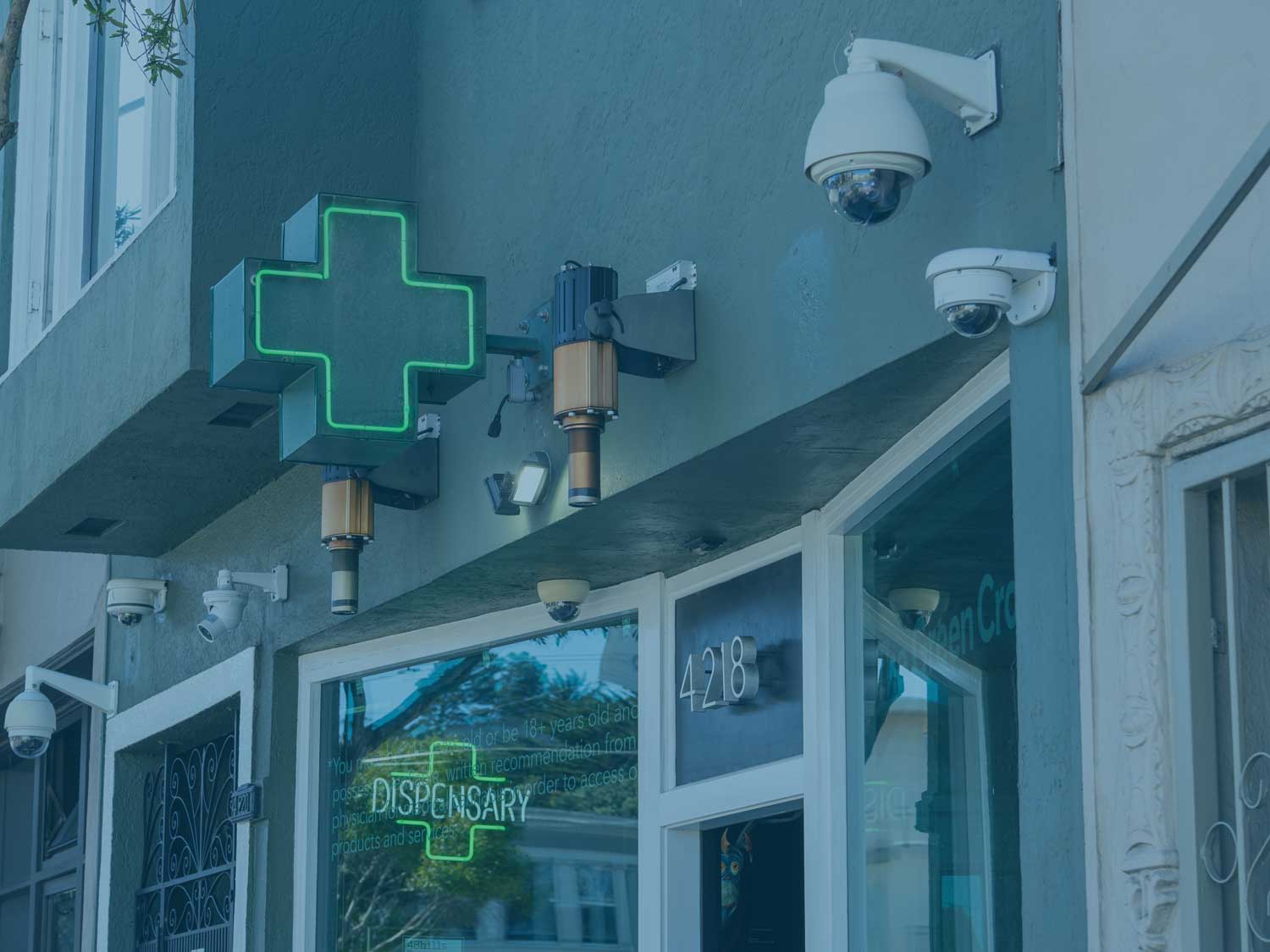
Cannabis is a cash business, primarily because federal laws still list marijuana as an illegal substance. This presents huge problems for dispensary security. With all that cash exchanging hands, dispensaries are a prime target for theft.
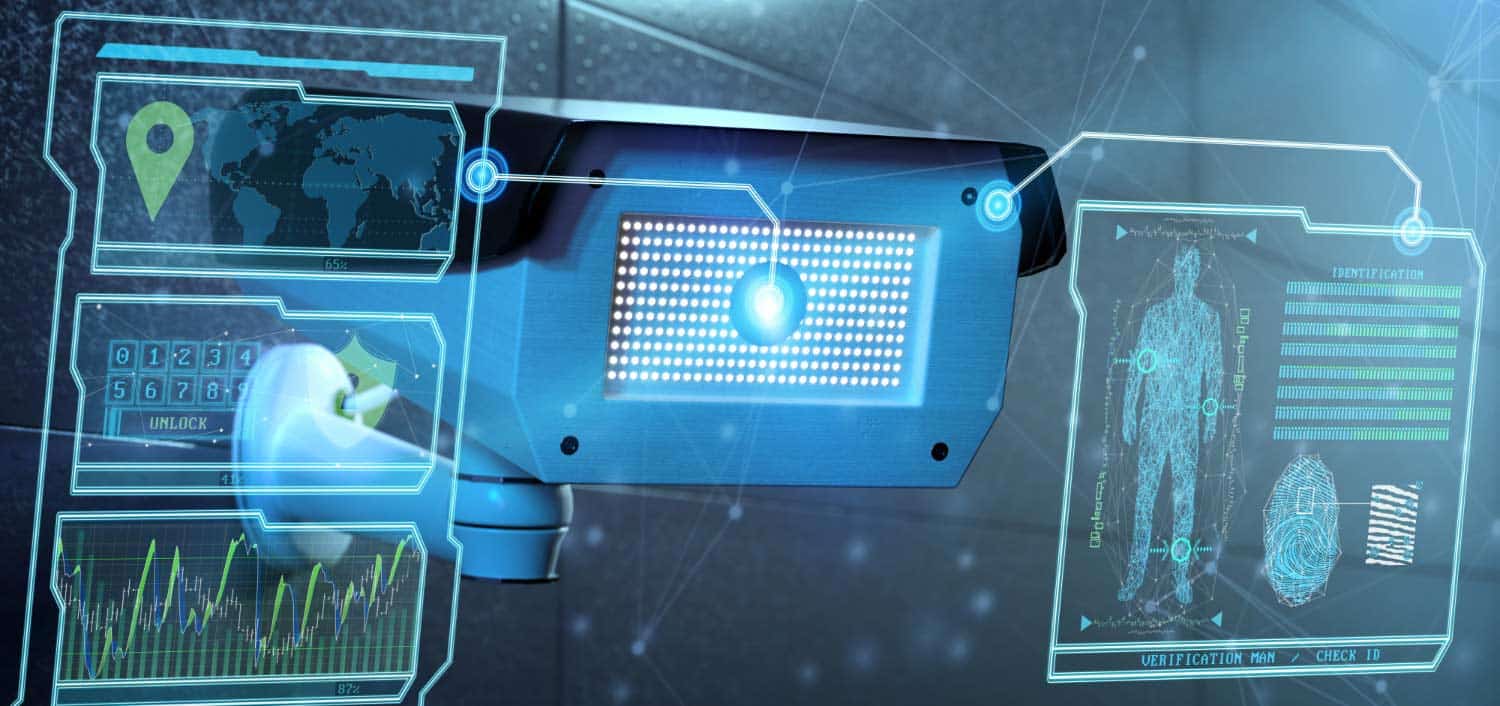
In the latest edition of our “Ask the Experts” blog series, Pro-Vigil’s team of video surveillance experts are answering the question: what should you consider when upgrading surveillance cameras?
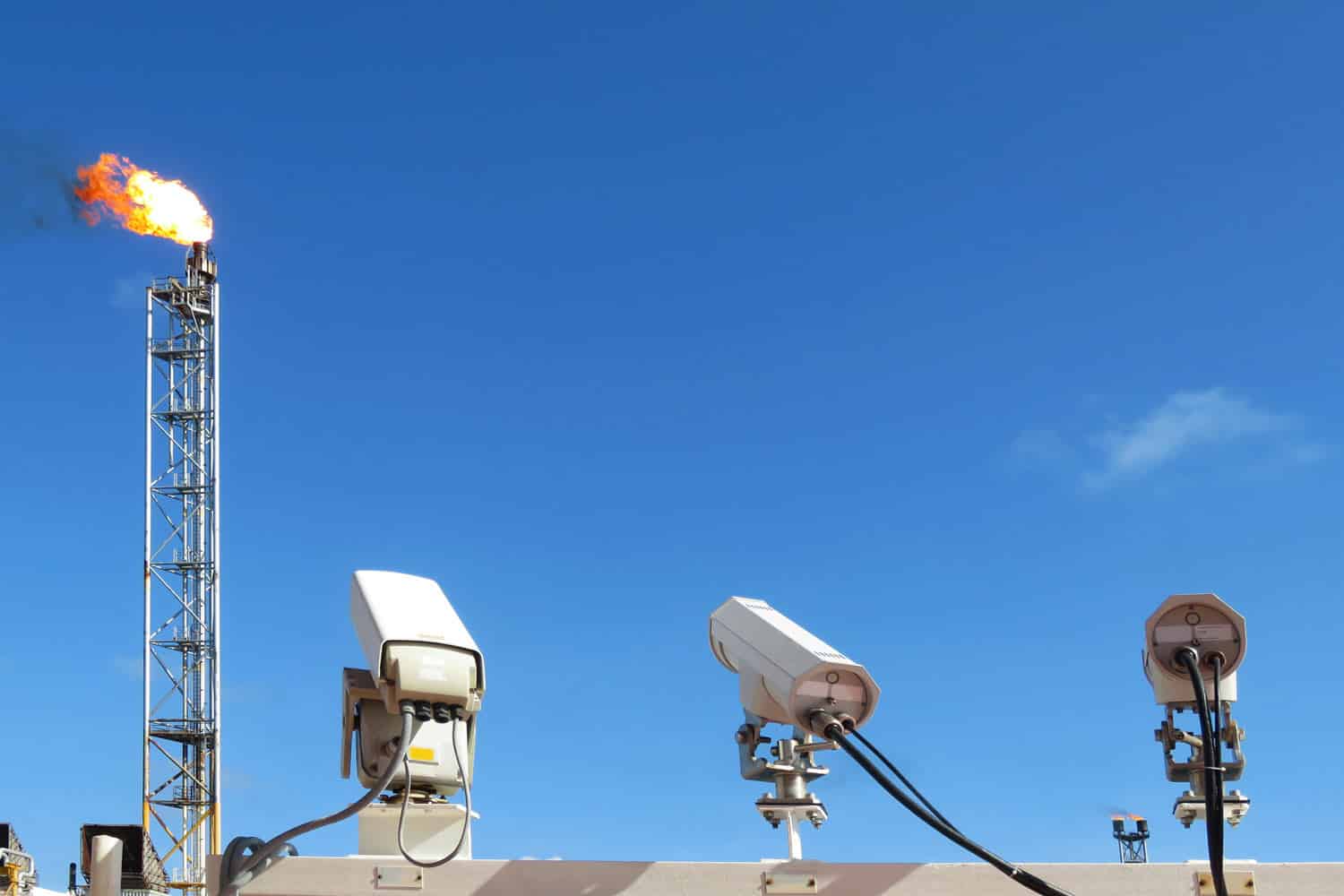
Every business has its own issues and security challenges that must be addressed. You’ll want to pin down which features you need your security system to have, which will help you find the right type of security camera for your property.
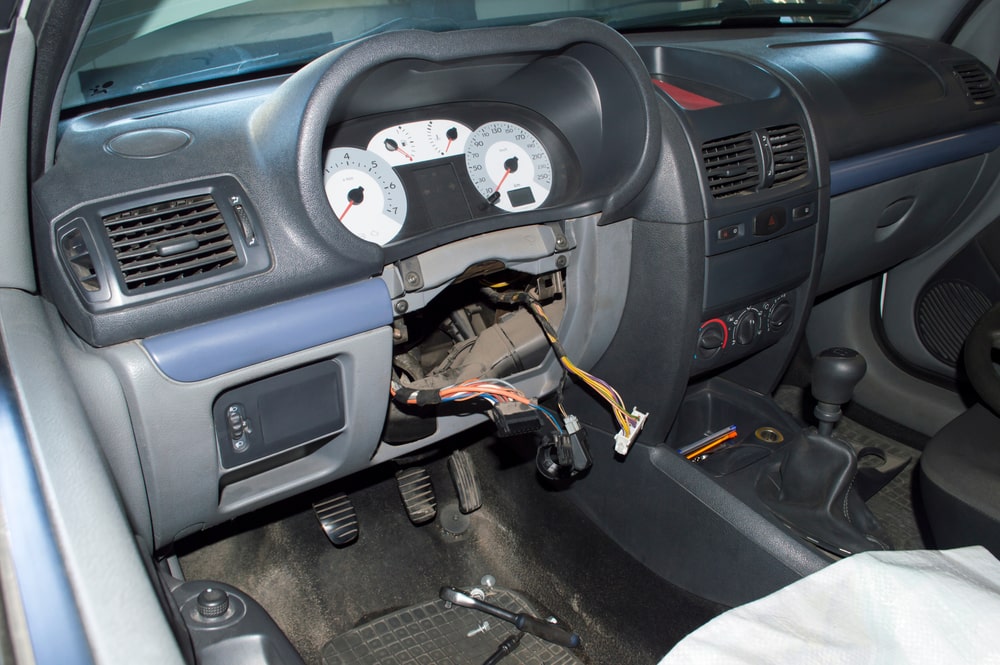
Windows are broken, wires are ripped, and you’re left with vehicles that can’t be driven without repair. But what exactly are thieves after? The airbags (and a quick profit, of course).
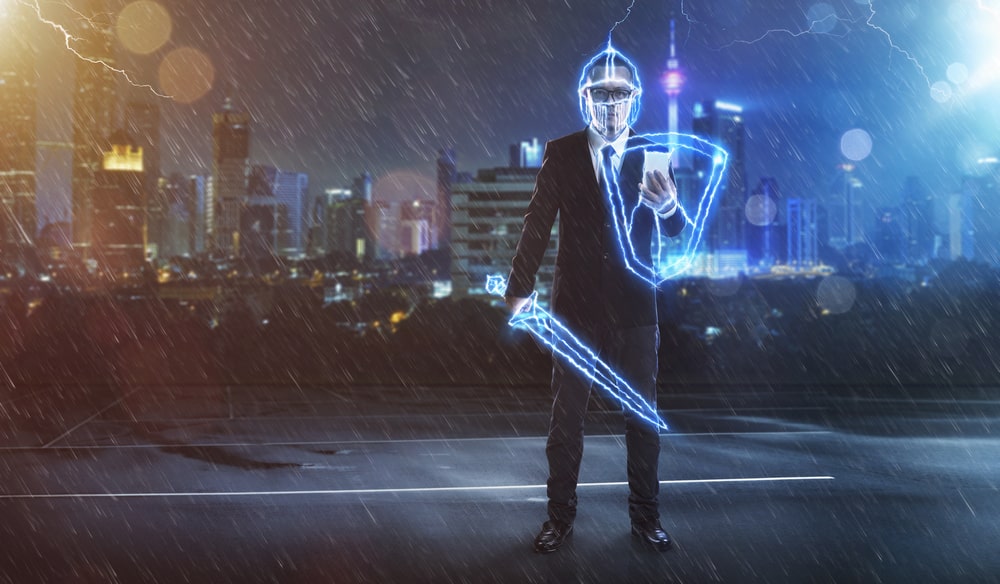
Summer is on its way, with warmer weather and brighter skies. But summer is also one of the most common seasons for natural disasters to strike.
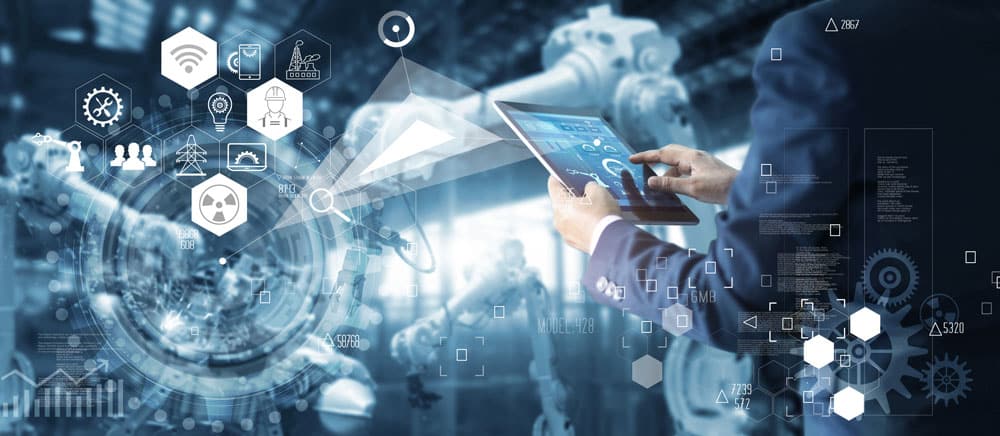
In our first flash poll, we asked: How often do you check your security camera footage? And the results are in…

In the latest edition of our “Ask the Experts” blog series, Pro-Vigil’s team of video surveillance experts are taking a closer look at the question: Is “wait and see” a sound security strategy for your business?

The COVID-19 pandemic has caused chaos within our supply chain. Illness and uncertainty has resulted in severe staff shortages. Shipping costs are spiking, and deliveries are being significantly delayed.
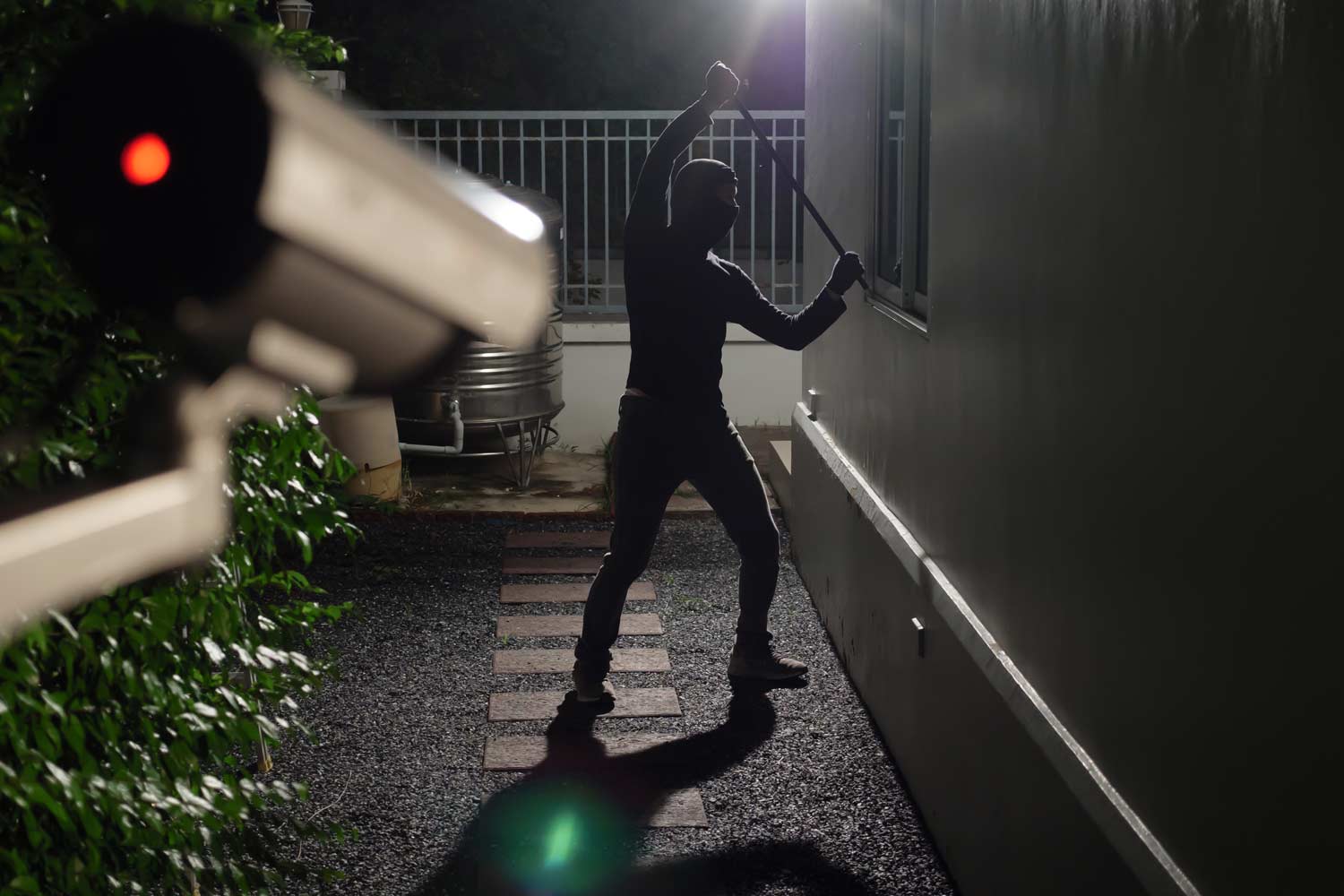
A proactive deterrence system removes the cover of anonymity and shines a light—sometimes literally—on crime.
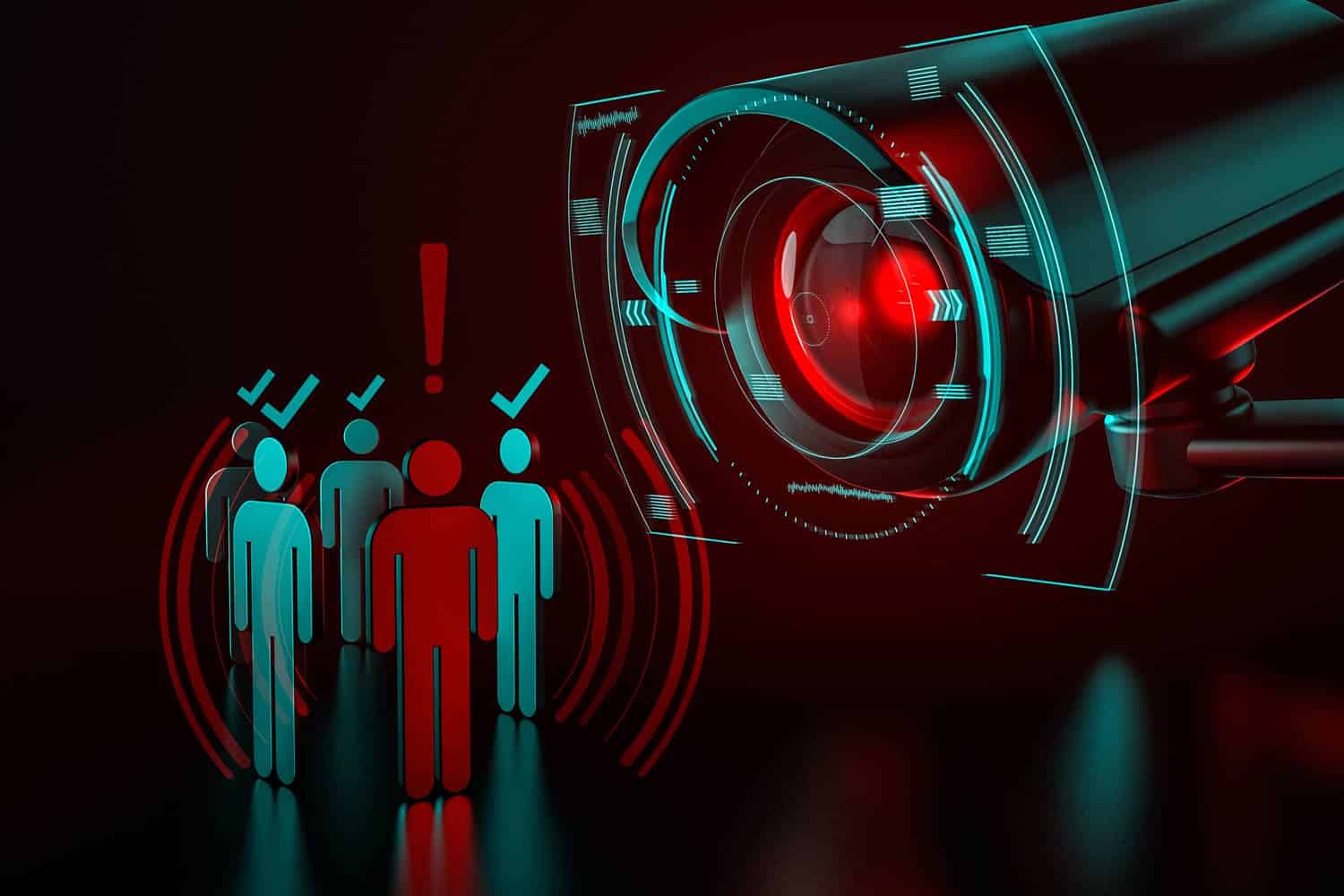
Companies are increasingly upping the ante on criminals by making use of security analytics. These software programs are built into today’s smart surveillance systems.
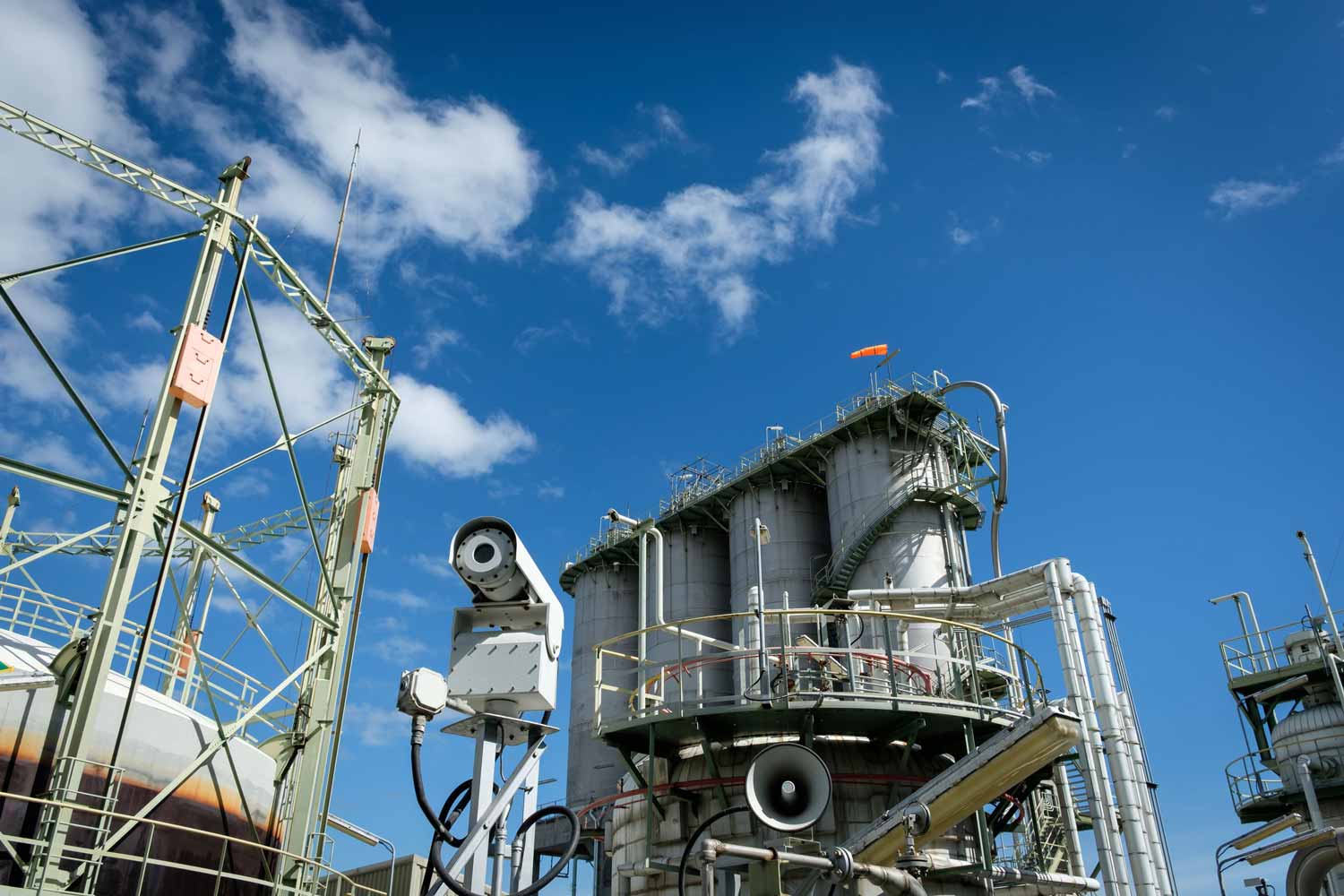
The infrastructure that supplies energy stretches across the U.S. These sprawling networks of production and supply are uniquely vulnerable to any number of threats.
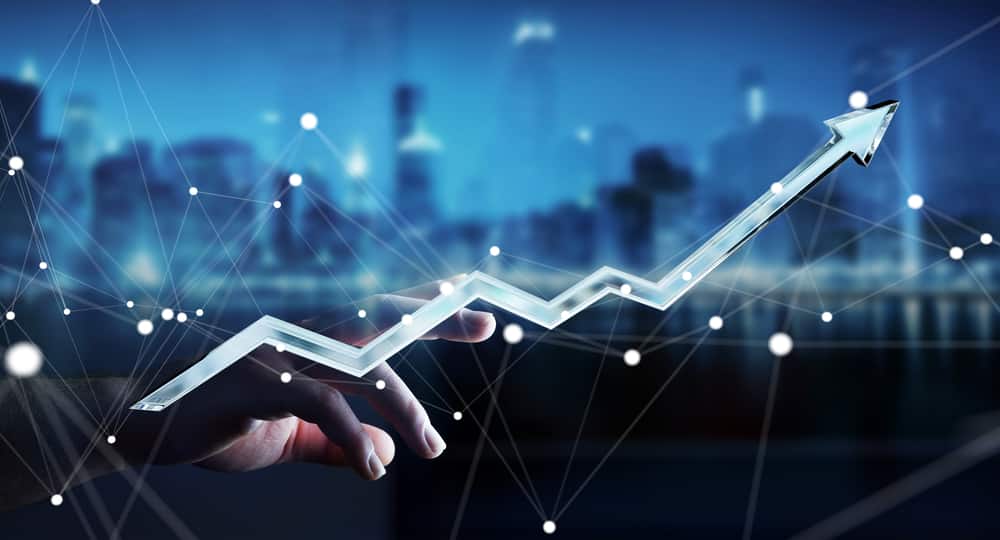
Businesses are still struggling with crime amid the ongoing COVID-19 pandemic, but are they doing anything about it? Pro-Vigil’s latest survey details the evolving security challenges and strategies for companies entering 2022.
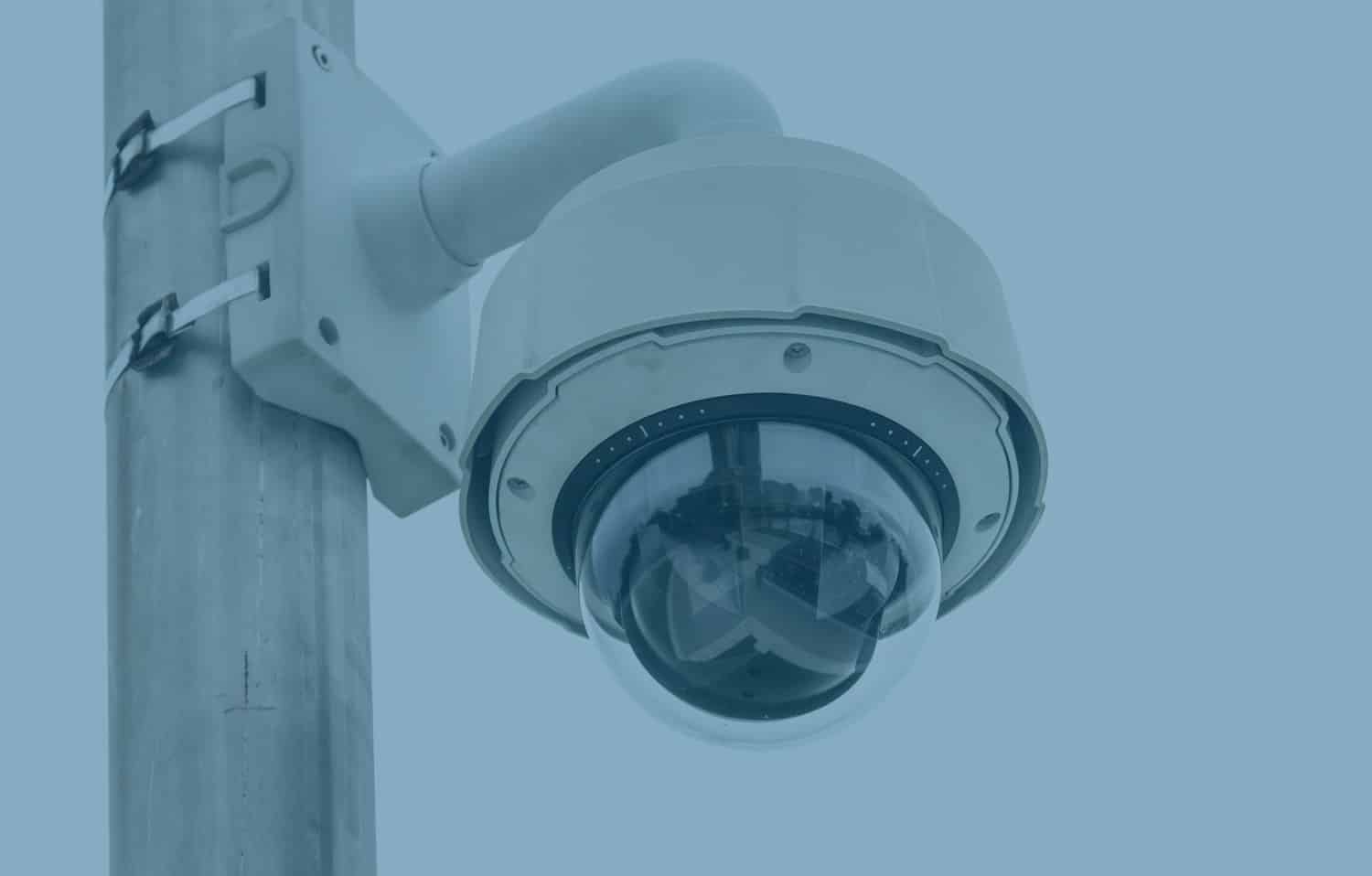
Surveillance cameras are designed for prevention. They’re like a fire alarm; you don’t need them until the day you do. When and if that day happens, the last thing you want is to find that the equipment you trusted didn’t function.

Disaster relief organizations are ready to deploy critical supplies at a moment’s notice, making them an ideal target for theft. The price of losing these vital materials can be high in more ways than one.
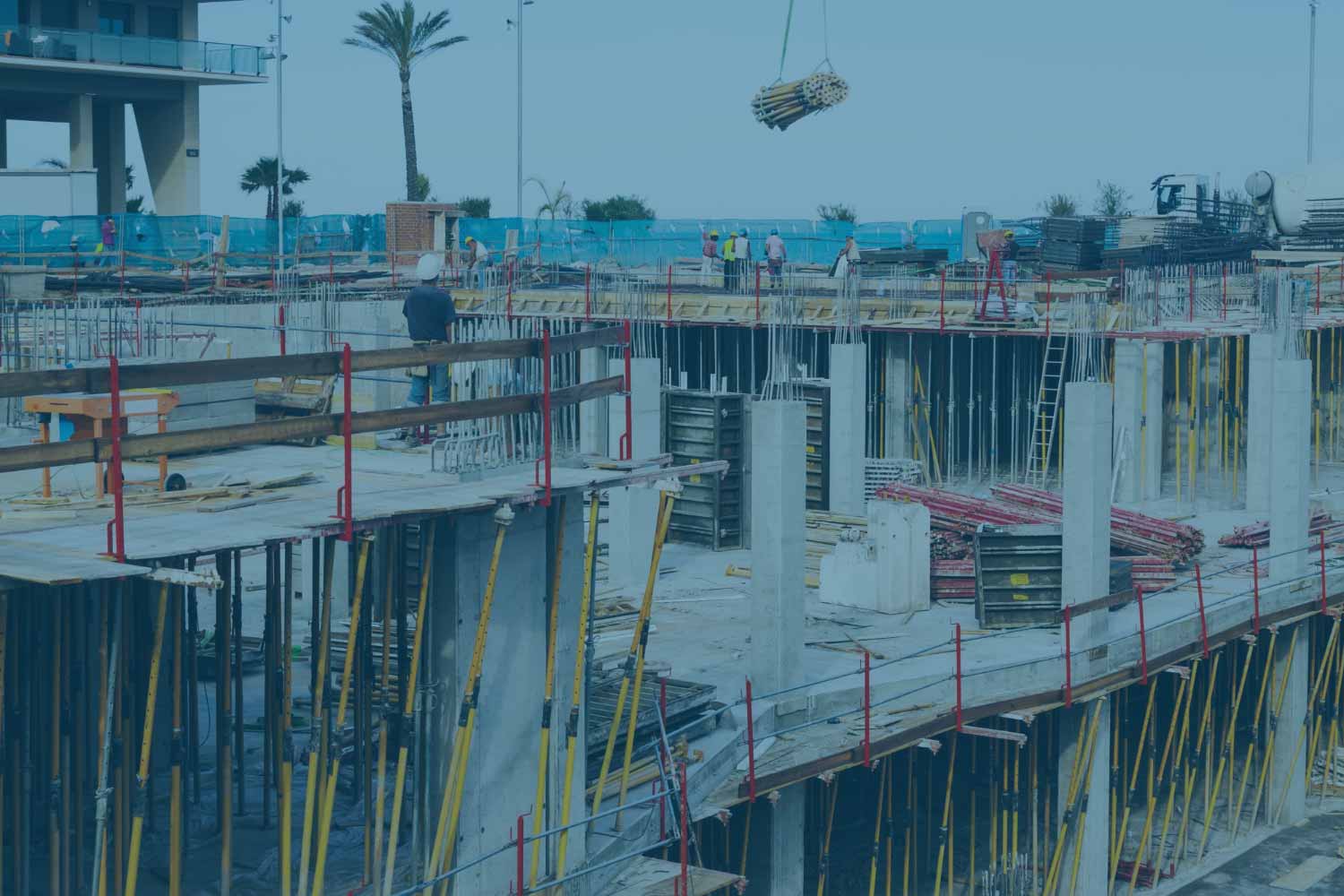
Job site security is increasingly a matter of concern. Not only to construction companies, but also to investors, owners, insurance companies, or anyone else connected to a building project. How can you shore up construction job site security and lower these costs?